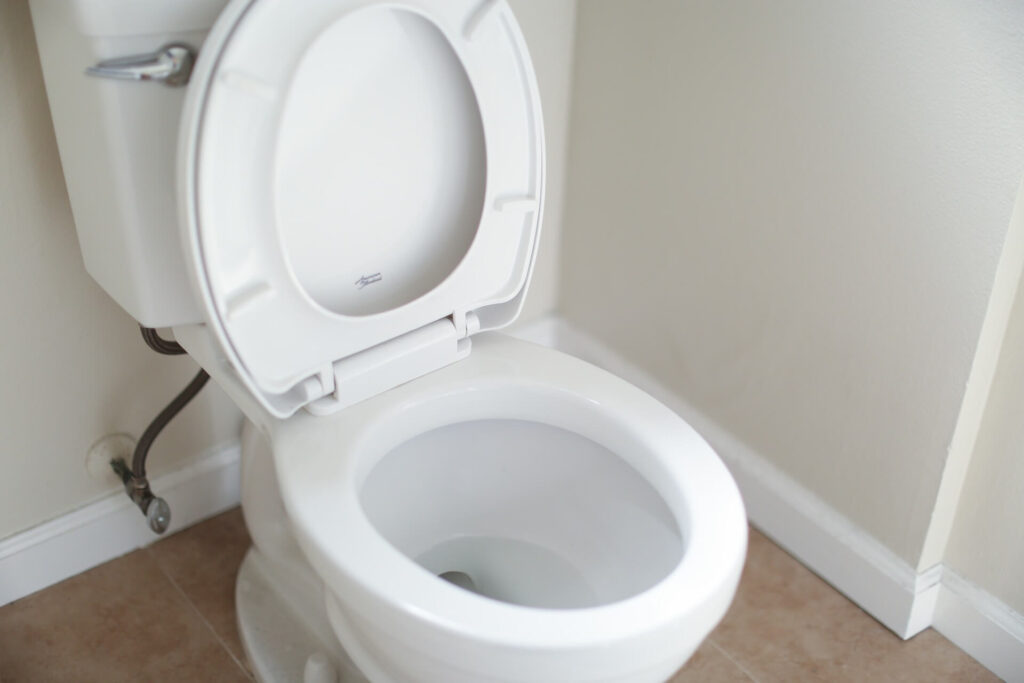
We are reader-supported. When you buy through links on our site, we may earn an affiliate commission.
“Hermie, a Scutigera coleoptrata (house centipede) (9516262951)” by David Levine is licensed under CC BY 2.0 / Resized from original
The sight of a house centipede can send a chill up your spine. Such a creepy-crawly can be disgusting to look at without being entomophobic, so it’s natural to feel the urge to get rid of it as soon as possible.
There’s no denying that house centipedes can make your stomach turn, but there’s more to them than meets the eye.
What Attracts Centipedes in Your Home?
Your home attracts house centipedes for various reasons. These uninvited guests are carnivores, preying on cockroaches, termites, silverfish, spiders, carpet beetles and the like. These predators hunt your house’s unwanted occupants and willingly keep pest populations under control.
Aside from food, they go to your house for warmth and shelter. House centipedes are natives of the Mediterranean and never adapted to frigid climates after accidentally emigrating from their home region. They take cover indoors when temperatures drop and stay safe from harsh winds.
These home invaders also love damp environments. They love humidity, so you’ll generally see them around moist areas — such as bathtubs and sinks.
Are House Centipedes Harmful?
House centipedes are not harmful to humans. They don’t intentionally damage garden crops, nor do they carry diseases. Unless your companions are small arthropods, they won’t use their venomous legs to go after your pets.
However, these creatures can viciously bite you, so avoid handling them carelessly. They can attack in defense when threatened, causing redness if you’re allergic to bee stings.
Why Do Centipedes Go on Beds?
House centipedes may go on beds because of warmth and food.

Finding them where you sleep can be a sign you have a bed bug infestation and it’s time to clean your mattress and bedding.
Will House Centipedes Crawl on You?
House centipedes may crawl on you by accident. These hunters are carnivorous but don’t target humans for nourishment.
If you feel something walking on your body at night, it may be a house centipede looking for other arthropods to chow down. You’re just in the way.
Why Should You Not Squish a House Centipede?
You should not squish a house centipede because it’s a prolific pest control ally. Enough of them can eradicate bugs that can harm your family and ruin your house.
Moreover, furniture is no food for house centipedes. They leave wood alone, so they don’t pose any structural or cosmetic threat to your property.
Soil is a typical nesting ground of female house centipedes during summer. You’ll likely find their eggs and larva molts in your crawl space.
They usually hunker down in narrow openings and stay out of sight. These nocturnal arthropod eaters with eyes sensitive to light only venture out at night, so you may not encounter them during the daytime.
What Makes House Centipedes Go Away?
Eliminating their food sources is the most effective way to make house centipedes go away. If your home is free of pests they feast on, you’ll rarely see any trace of them. It’s simple but challenging. Have you tried to keep any groups of minuscule home invaders at bay?
Another way to make your home unfavorable for house centipedes is to control indoor moisture. In a warm region, neutralizing humidity can feel like fighting a losing battle. The weather is muggy, and household activities involving water add moisture to the air inside your house.
Using natural ventilators — like open doors and windows — is perhaps the most efficient method. However, you’ll almost need to run a dehumidifier or a fan to dry areas prone to dampness. Ironically, operating an air conditioner to expel moisture in the air from inside the house attracts house centipedes outside where the water winds up.
Sealing all cracks and crevices at home also helps. Making your property as airtight as possible deprives tiny pests of hiding spots. It hits two birds with one stone because air sealing forms part of a complete thermal enclosure system, allowing you to save 10% on your annual utility bills while controlling humidity indoors.
Lastly, decluttering your outdoor area can make your home an undesirable shelter for house centipedes. They love to hide out under wet leaves, so keeping dead foliage from lying around your yard for too long gives these unbidden guests less debris to use for concealment.
What Kills House Centipedes Instantly?
Insecticides with cypermethrin or bifenthrin can kill house centipedes with one spray. The problem is that either ingredient is potentially carcinogenic, so the cure may be worse than the disease.
If you want to get rid of all house centipedes in your home fast, hiring a professional exterminator is a better idea.
House centipedes live alone instead of establishing colonies, so tracking them without proper training can be difficult. This contractor can find these 30-legged crawlers more efficiently, develop a suitable pest control program for your situation, employ safe methods to remove them from your property, and revisit your home regularly to ensure they’re out for good.
Will Vinegar Get Rid of Centipedes?
White vinegar will get rid of house centipedes. This natural home remedy is too acidic for them, so directly spraying it can kill them on the spot.
Likewise, peppermint and tea tree oils can keep these arthropods at bay.

Diluting either of them and applying the solution around areas where you’ve seen them or openings where they may hide can deter them or wipe them out.
Can You Flush a House Centipede Down the Toilet?
Flushing a house centipede down the toilet can be futile.

It doesn’t guarantee to kill the bug because insufficient water connects your toilet to the main sewer line. It can survive the ordeal and return to your home like nothing happened. The only thing certain is this tactic is a definite waste of precious freshwater.
Deal With House Centipedes Thoughtfully
A house centipede infestation is oxymoronic. Although you may call it a nuisance pest, it does more good than harm. Still, you should carefully consider your extermination options if you can’t stand these icky but beneficial arthropods to get the job done effectively.









